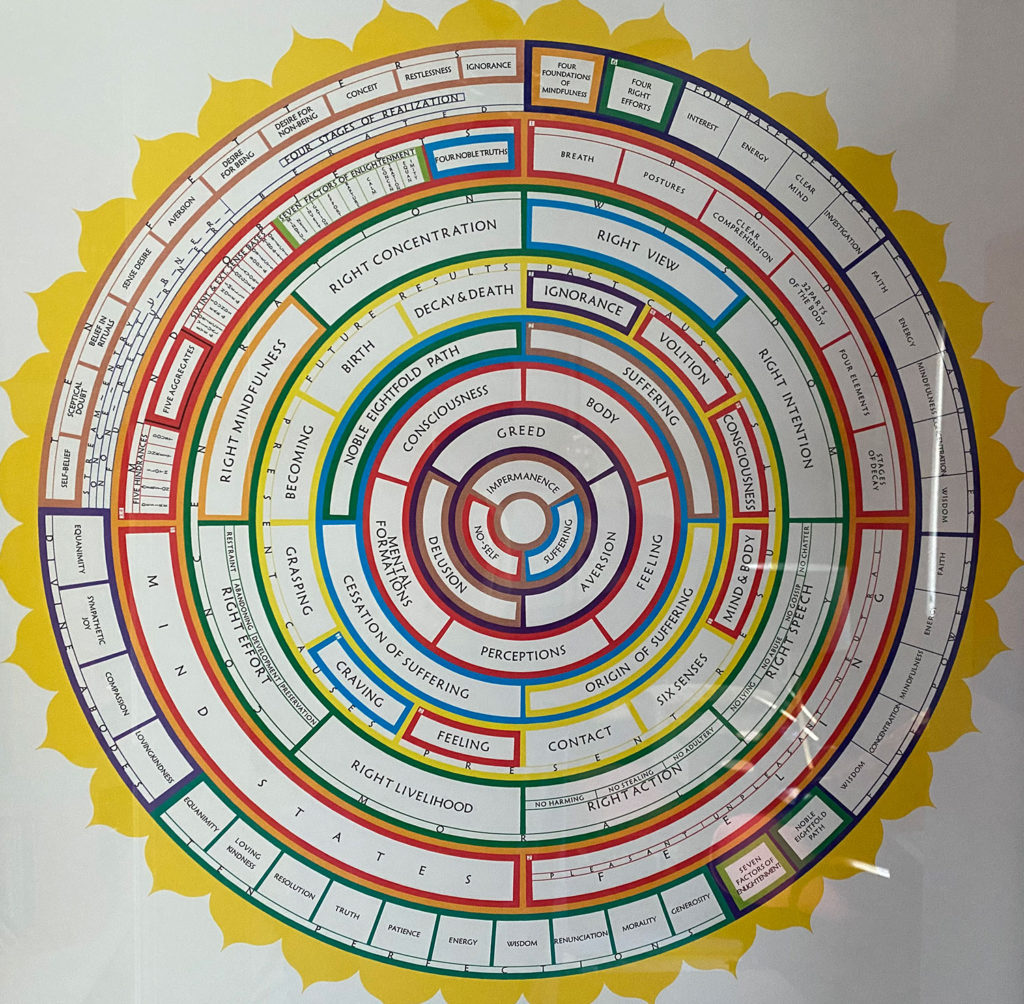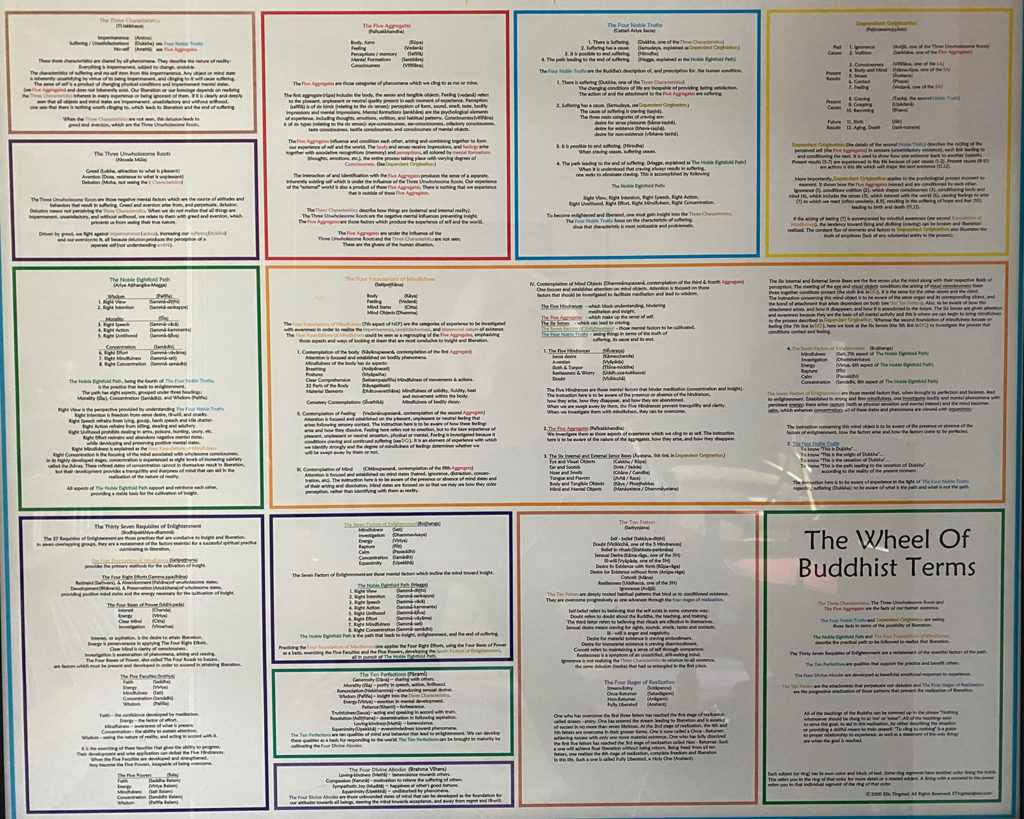An excerpt from Mindfulness by Joseph Goldstein
“Contemplating the body internally seems obvious; it is mostly how we practice. It is the present-moment awareness of what arises in the body — it might be the sensations of the breath or of different sensations arising throughout the body, such as heat or cold, tightness or pressure. But what does contemplating the body externally mean? There are some interesting aspects here that meditation practitioners don’t often make explicit.
Contemplating the body externally can mean being mindful of the bodily actions of others when they draw our attention. Instead of our usual tendency to judge or react when we see other people doing something, we can rest in the simple mindfulness of what the other person is doing. We can be mindful that they are walking or eating, without getting lost in our own thoughts of how fast or slow, mindful or careless they might be. An ironic and useless pattern that I’ve noticed on my own retreats is that my mind comments on someone not being mindful—or at least not appearing to be in my eyes—all the while being oblivious to the fact that in that very moment I’m doing exactly what it is I have a judgment about: namely, not being mindful! It usually doesn’t take me long to see the absurdity of this pattern and then just to smile at these habits of mind. It’s always helpful to have a sense of humor about one’s own mental foibles. By practicing this simple external mindfulness, we protect our own minds from the various defilements that might arise.
Although attending to the breath is mostly internal, the instruction to be mindful of the body externally could be particularly helpful on retreat when someone else’s breath may be loud and disturbing. At those times, being mindful of another’s breath—whether it is in or out, long or short—can actually be part of our own path to awakening.
Being mindful of the body externally has another advantage. Have you noticed that when you’re mindful of someone else moving very carefully, without distraction, that you yourself become more concentrated? This is one reason the Buddha suggested that we associate with those who are mindful and concentrated: it’s contagious. In this way, our own practice becomes a real offering to our fellow practitioners.
The last part of this instruction is to contemplate both internally and externally. Anālayo suggests that this is not just a simple repetition, but rather reflects a more profound understanding that we should contemplate experience without considering it to be part of one’s own experience or that of another, but just as an objective experience in itself. Being mindful internally, externally, and both reminds us of the comprehensive nature of mindfulness practice—to be aware of whatever there is, whether it is within us or without. And, in the end, to go beyond this division altogether.”

